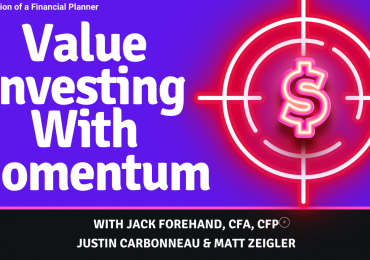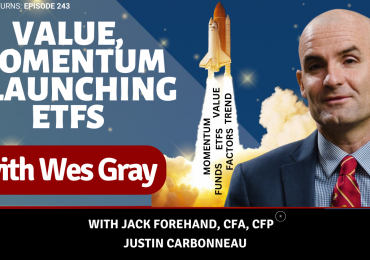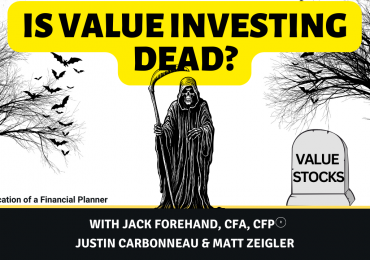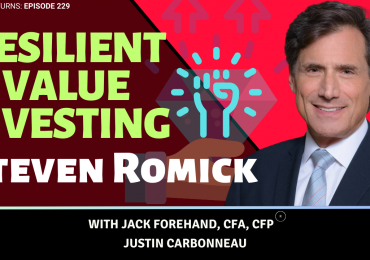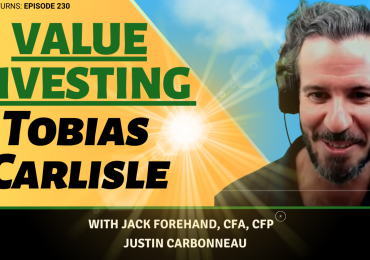James Glassman, author and visiting fellow with the American Enterprise Institute, offers four tips to “buy stocks low” in Kiplinger’s. He prefaces the tips by making the point that given volatile markets, “opportunities abound today, but so do risks.” He notes that “mistakes . . . will happen,” but also that “you will rarely triple or quadruple your investment by purchasing a stock when everyone is lusting for it.” Glassman suggests the following.
- “Think of buying stock as becoming a minority partner in the business.” This, he notes, requires that “you have to have confidence in the business itself.” By thinking this way, however, one can see that “when the price falls, you can acquire a bigger stack in the business for less.”
- Engage “in dollar cost averaging,” which means to “put a set amount of money into a stock or mutual fund each month or quarter or year.” That way, lower stock prices mean you can acquire more and “avoid the psychological torment of falling share prices.”
- “Make a wish list” of “companies you’d be thrilled to own at lower prices.” This allows an investor to be ready to seize good bargains when they become available.
- “Capitalize on the myopia of fellow investors,” which means being able to see past short-term challenges to a company. As Glassman points out, “you don’t have to know how a company will solve its current problem” to be able to “look at the track record of the firm and its management and have a strong belief that it will solve it somehow.” With such companies, Glassman suggests, one can benefit from the drop in prices when many investors “assume[] that the problem will contiunue.”
Glassman points to companies like McDonald’s, sectors like energy, and broader concerns like those affecting Chinese companies to illustrate his argument that quality companies likely to have a solid future are available for relatively low prices. He quotes J. P. Morgan, who responded to a question about the what the market will do by saying: “it will fluctuate.”


